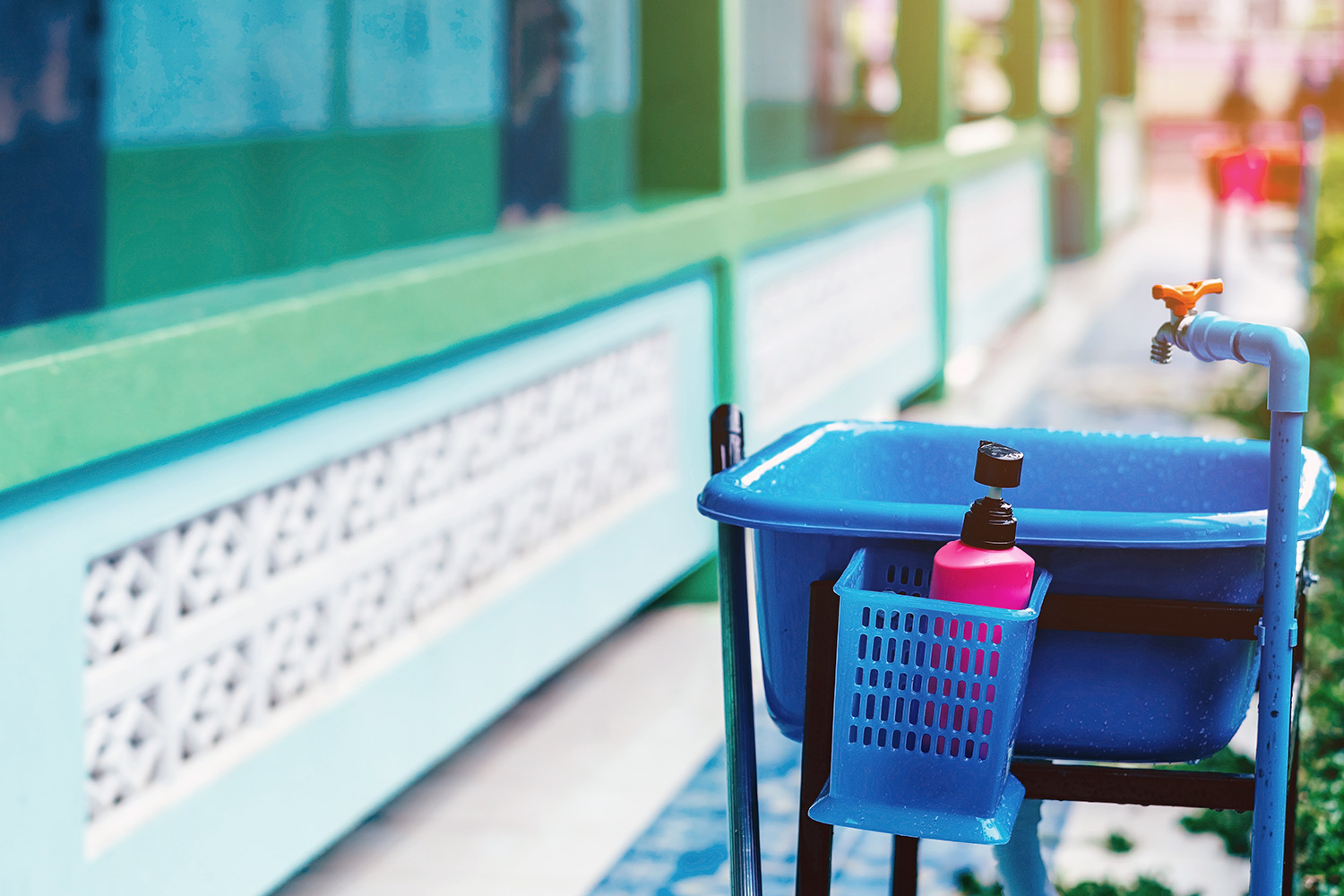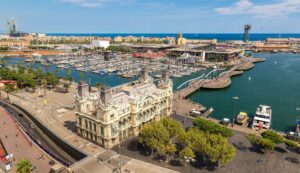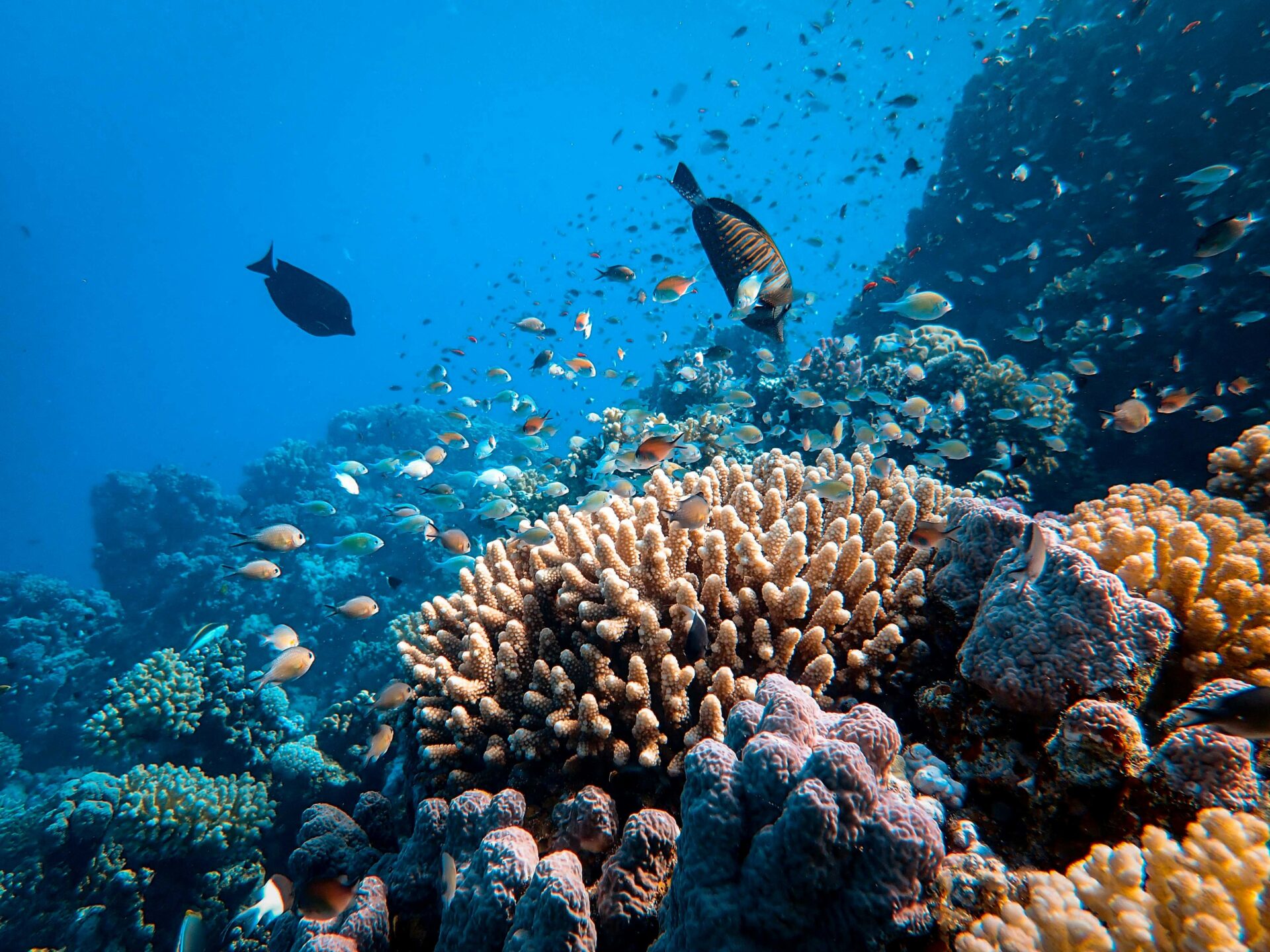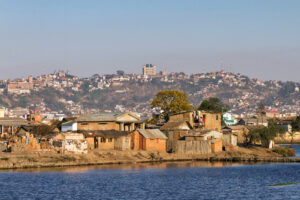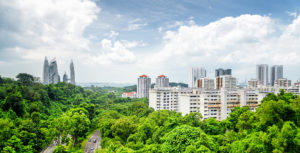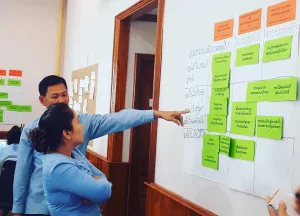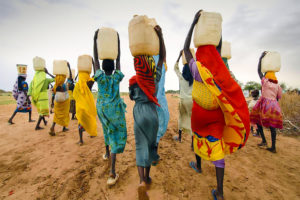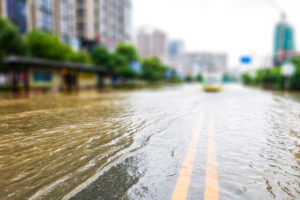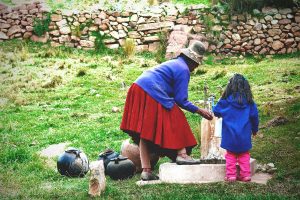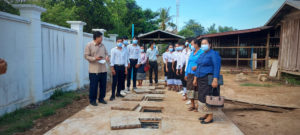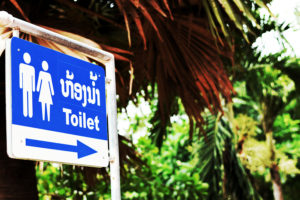The Regional Public Good project turns the water and sanitation challenges during the Covid-19 pandemic and other emergencies into strategies for improved risk management.
For many countries in Latin America and the Caribbean, the COVID-19 pandemic added to an already existing exposure to natural threats, such as hurricanes, tropical storms and floods. These threats regularly cause major losses in infrastructure and livelihoods, and it is increasingly recognized that well-functioning and coordinated strategies for water and sanitation in a crisis is of outmost importance.
During the COVID-19 pandemic, limitations and weaknesses have been revealed and the need for active sharing of knowledge has become evident. Based on this, the aim of the Regional Public Good project is to develop tools, support systems, and to promote the exchange of knowledge, to ensure that health and sanitation services are resilient and sustainable in the face of any new crisis.
Ensuring access to safe water, sanitation, and adequate hygiene services is essential for public health. It is particularly critical in emergency contexts such as the COVID-19 pandemic since handwashing with soap and water is one of the main and most effective measures to prevent infection.
In Latin America and the Caribbean, many governments, regulators, service providers, and users have taken actions to ensure continuous access to water and sanitation services. This has generated a lot of information, documents, and good practices but because of the urgency of the situation, little of this has been adequately systematized and there has been limited exchange of the lessons learned. Same applies to weaknesses in crisis anticipation, preparation, and response mechanisms.
Despite the challenges, the crisis can be perceived as a window of opportunity to improve risk management, through better exchange of experiences and knowledge. This is important, as the growing trend of climate change anticipates that shock scenarios will be more recurrent and probably more intense.
Strengthening the reliability of services and empowering governments, operators and communities will create greater resilience in the sector. This is understood as the capacity to anticipate and absorb, adapt, respond to, and learn from shocks, in order to protect public health, welfare and the natural environment and minimize economic impacts.
Regional Public Good is in this context defined as goods, services or resources that are produced and consumed collectively by the public sector and, if appropriate, the private, non-profit sector, in three or more concerned countries.
The objective of the project is to promote the building of resilience of the health and sanitation sector in countries. It is also to ensure the sustainability of services through the exchange of experience and knowledge, by identifying good practices and systemizing lessons learned.
Based on a correct understanding of the measures that have been successfully implemented during the response to COVID-19, the aim is to provide the different actors with a set of tools that allow them to better prepare themselves for future crises. Through practical guidance, the project also intends to promote the implementation of measures and the improvement of the response capacity.
The Regional Public Good will consider the following main elements:
- A special focus will be placed on the resilience of service providers particularly to the current situation arising from COVID-19 (both urban and rural) but considering how the various actors in the sector (government, regulators, users) contribute to it.
- The aim is to develop processes, materials, tools and solutions, through the work in specialized groups and the exchange of experiences and lessons between peers. This will be complemented with analysis and specific studies, both within the region and in other regions from which lessons applicable to LAC can be drawn.
- The result of the creation process will be a toolbox, which will provide practical and useful information to actors on aspects of anticipation, preparedness, response, and recovery, which will help to improve their resilience to future crises.
- All information will be made available on a Knowledge Platform with public access, free and unrestricted, hosted on an existing website that will have a community of practice, which will facilitate constant contact between the actors involved.
- Capacity will be available to provide practical guidance to different actors in the implementation of measures.
